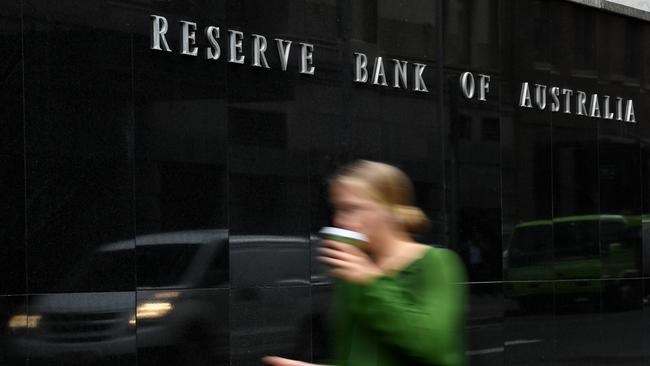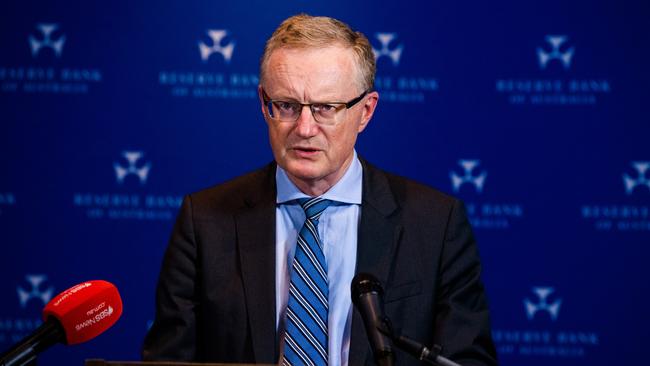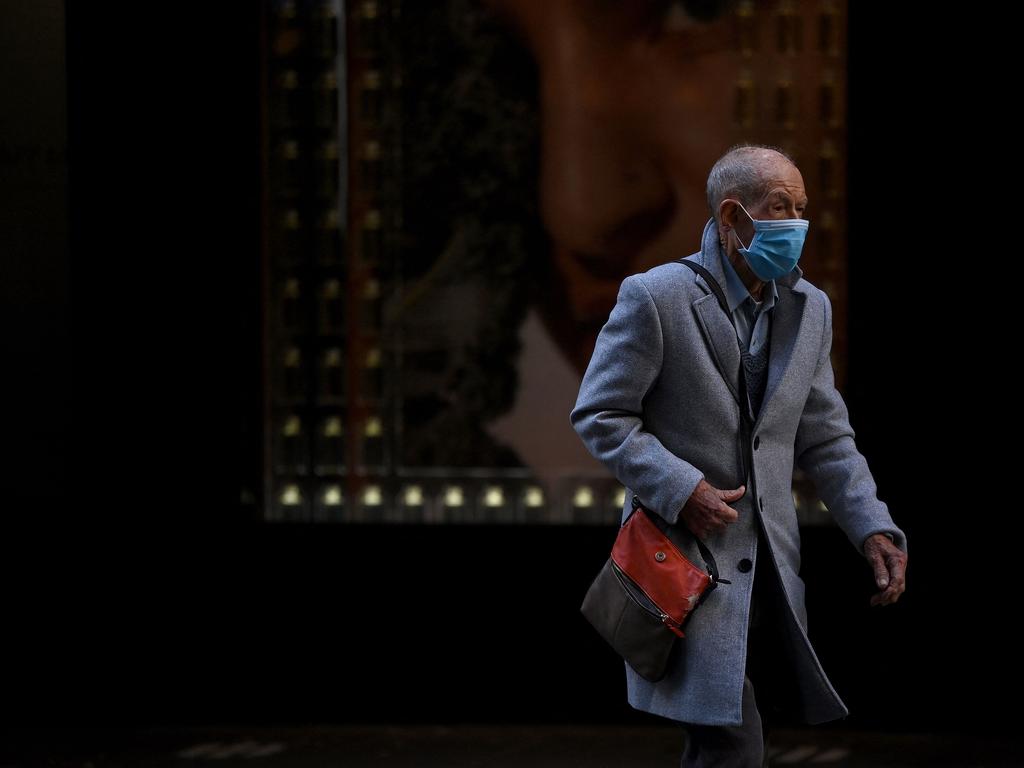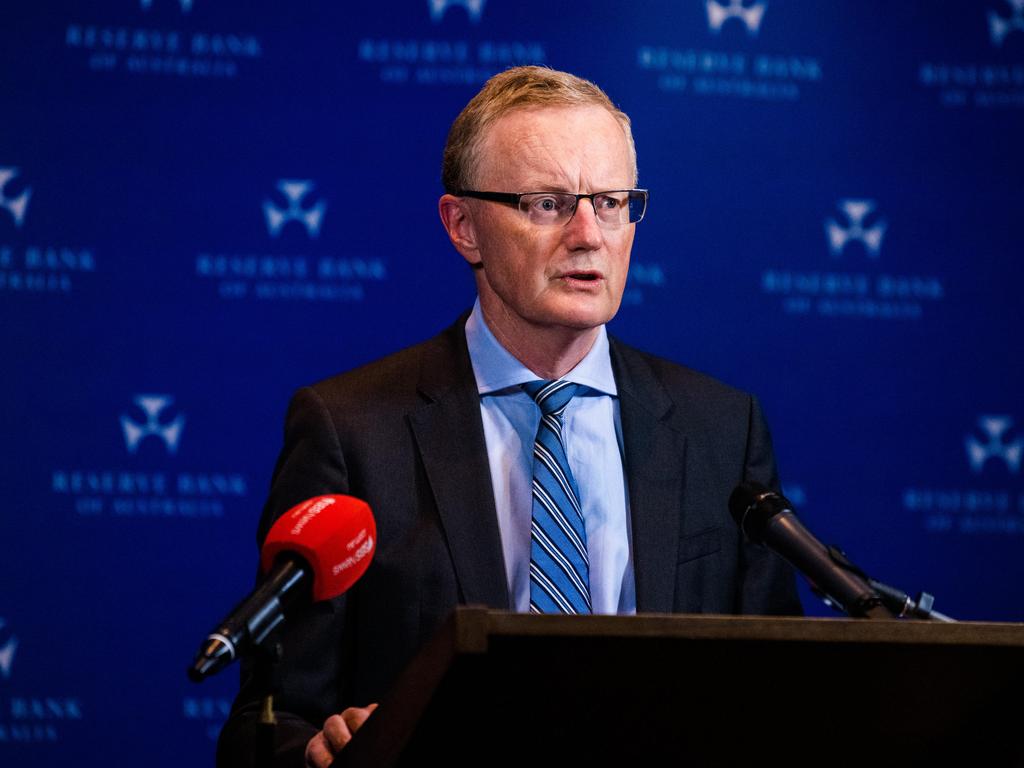
That sets the stage for a potential clash of wills between the businesses that are eager to cash in on the stunning economic recovery over the past year, and the federal and state governments wanting to avoid the backlash that will surely come if the pandemic is given a fresh wind.
One figure that is emerging as a torch bearer for starting to open the border is Reserve Bank governor Philip Lowe, who warned on Thursday that investment and productivity could suffer if businesses were unable to start tapping the international job market for skilled workers soon.
Ironically, it is also Lowe who is leading the charge for higher wages and inflation in Australia, something that a closed international border could help deliver much faster. It’s just that the RBA head doesn’t want higher wages and inflation to come at the cost of lost investment opportunities, as frustrated businesses scratch in the dirt for skilled employees.
“If borders remain completely closed and we can’t get workers into the country that are needed for firms to expand and invest, I think we will see more wages growth,” Lowe told a conference of economists. “Some people might think that’s a good thing, but on the other hand we will see less investment.”
Lowe described the border closure as a “first-order” issue for policymakers, noting there had been a sharp jump in job vacancies – especially in the accommodation and food-services sector – while the labour pool needed to meet demand had cratered.
While some of these vacancies could have been filled by people on visas, this had become more difficult. Since March last year, the number of people in Australia on a visa with the right to work had fallen by more than 250,000, he said.

Lowe said if the international border remained closed for an extended period, “pressure points” could build within the economy.
Closing the country’s doors to contain the spread of the pandemic has proved largely effective and politically popular. So throwing them back open could prove disastrous for sitting governments, especially if more contagious variants of the virus are unleashed.
Such an event would be political death for any government, whether state, federal, conservative or progressive.
There are many thousands of Australian citizens overseas that can’t return home as they wish due to government-mandated intake quotas. Australia has also been sluggish in rolling out vaccines, making the border issue even more acute.
The country can do some things in the interim to ease the pressure on its job market, such as giving more work hours to those who want them, while increased flexibility via measures such as working from home might boost participation.
But an ageing population poses an obstacle and, more immediately, so does the reality that skills mismatches will inevitably become common.
While there is no plan to put out the welcome mat for foreign workers, there is some probing of what might be done to start normalising things. The federal government said recently that it planned to experiment with shorter isolation periods for vaccinated travellers and the gradual return of foreign students to help two of the most affected industries: education and tourism.
But some health experts worry that the government’s push to nudge the door open wider is premature as Australia has only fully vaccinated about 6 per cent of its population and the Delta variant is spreading in ways that scientists don’t yet fully understand. Increased risks from the Delta variant have already prompted a 50 per cent cut to the number of people allowed to arrive in Australia on commercial flights.







The economic case for reopening Australia’s international border to skilled workers is gaining increasing momentum, but as lockdowns keep shuttering major cities, the politically prickly issue might not be acted upon with any vigour until after the next federal election that is due within the next year.